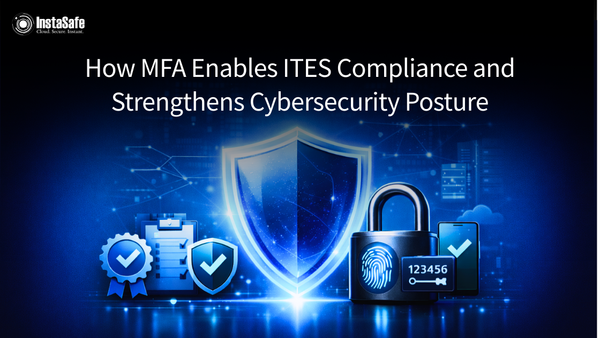Phishing is a type of cyber attack where users are tricked into revealing sensitive information like passwords, usernames, credit card numbers, etc. According to the Comcast Business Cybersecurity Threat Report, 80-95% of security breaches happen due to phishing attacks.
While a strong password helps prevent basic security threats, they’re
